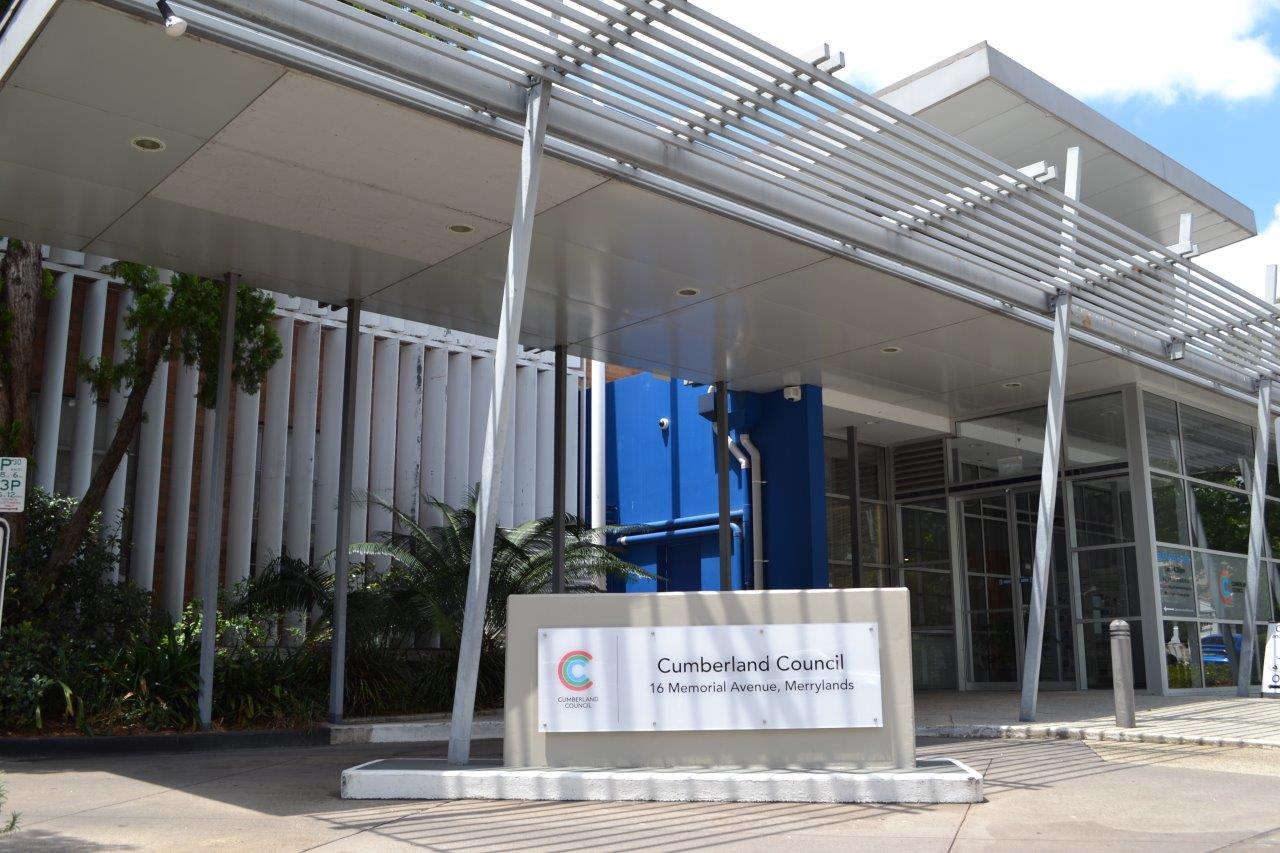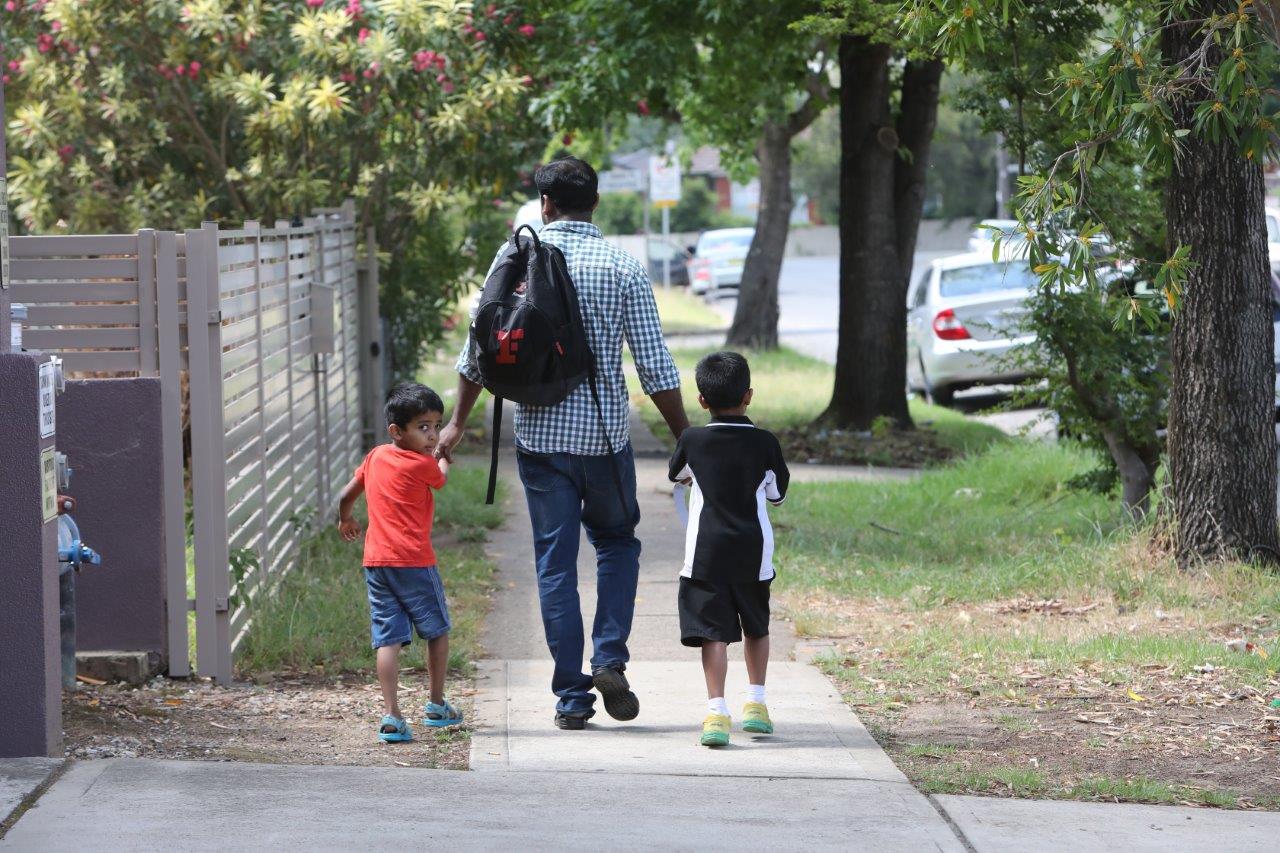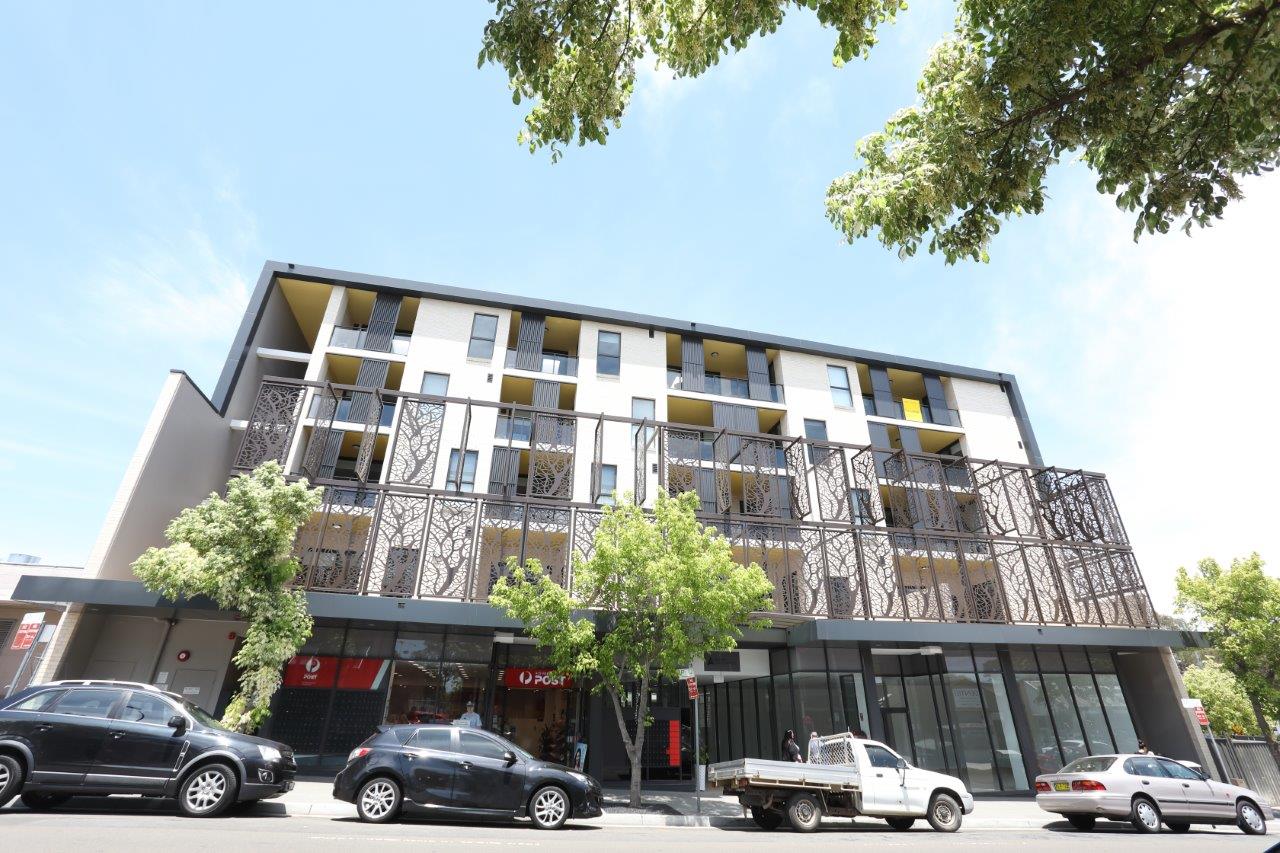
Actions you may take
- Firstly, speak to your neighbour. Often your neighbour will not realise the impact they are having and will often take actions to address your concern.
- Seek free mediation through your local Community Justice Centre. Mediation services are a great way to resolve issues through a professional service designed to listen to the needs of all affected persons.
- Seek your own Noise Abatement Order. There are options through the local court for you to take formal action if you can establish that you are being unreasonably affected by noise. The court may require evidence of your actions such as the first two steps above in consideration of the matter.
Actions that Council may take
Council cannot take action for noise from native animals / birds / insects or people or for anti-social behaviours (such as noise from people talking loudly, congregating in large groups, laughing or children playing).
Council may however take action on certain noise related concerns in certain circumstances and will usually require details of the actions you have taken in the first instance to address the matter.
The below table provides information on the time restrictions related to certain noisy activities.
| Noise source - from residential premises | Time restrictions when noise should not be heard in a habitable room in a neighbour's residence. | Contact |
|---|---|---|
| Power tools equipment (powered garden tools - e.g. lawn mowers and leaf blowers electric or pneumatic tools, chainsaws, circular saws gas or air compressors and swimming pool or spa pumps) |
Before 8am and after 8pm on Sundays and public holidays Before 7am and after 8pm on any other day |
Local Council or Police |
| Musical instruments and electrically amplified sound equipment (e.g. radios, TVs, tape recorders, CD and DVD players, and home theatre systems) |
Before 8am and after midnight on any Friday, Saturday or the day immediately before a public holiday Before 8am and after 10pm on any other day |
Local Council or Police |
| Air conditioners and heat pump water heaters |
Before 8am and after 10pm on weekends and public holidays Before 7am and after 10pm on any other day |
Local Council or Police |
| Motor vehicles (except when entering or leaving residential premises) |
Before 8am and after 8pm on weekends and public holidays Before 7am and after 8pm on any other day |
Local Council or Police |
| Refrigeration units fitted to motor vehicles (this applies whether or not the vehicle is located on residential premises) |
Before 8am and after 8pm on weekends and public holidays Before 7am and after 8pm on any other day |
Local Council or Police |
Source: https://www.environment.nsw.gov.au/questions/times-residential-noise-restrictions
Time restrictions
In addition to the time restrictions, Council may be able to take action where a noise source is unreasonably excessive during the day such as a loud piece of machinery, air conditioner or pool pump.
Development restrictions
At times, there are development restrictions which apply to the installation of noise generating equipment and information on the restrictions be found in the State Environmental Planning Policy (Exempt and Complying Development Codes) 2008.
Tips when purchasing a new air conditioner
- Buy a quiet model that won't cause a noise nuisance to your neighbours – even if you've been told that it complies with noise requirements, it doesn't mean it's going to suit every location all the time. Speak to your supplier about the noise level and their suggestions to reduce the noise.
- Locate the equipment on the ground, away from your neighbour's common boundary, bedroom and living room windows.
How to report excessive noise
If you are concerned over anti-social or offensive behaviour especially late at night or are concerned for your welfare, you should contact your local police.
Report a noise problem to Council
Council investigation process
We take the following factors into consideration:
- Noise level, nature, character or quality, or the time at which it is made, or any other circumstances
- Whether it's harmful (or is likely to be harmful) to a person who's outside the premises from which it's emitted
- Whether it interferes unreasonably (or is likely to interfere unreasonably) with the comfort or repose of a person who's outside the premises from which it's emitted
We will need your contact details, location and where you are affected by the noise. If, following investigation, noise is considered offensive, we can take certain actions under the Protection of the Environment Operations Act such as issuing formal directions.





